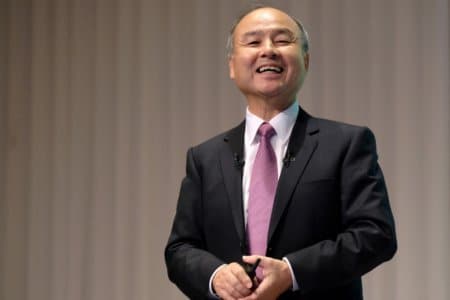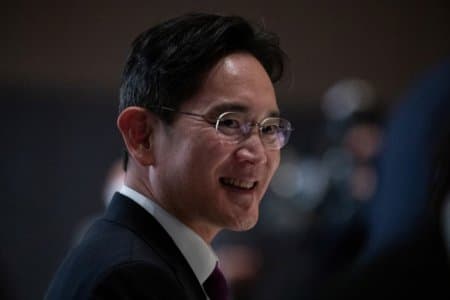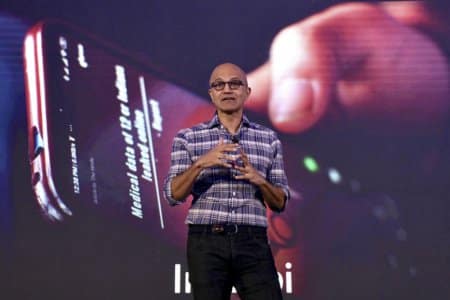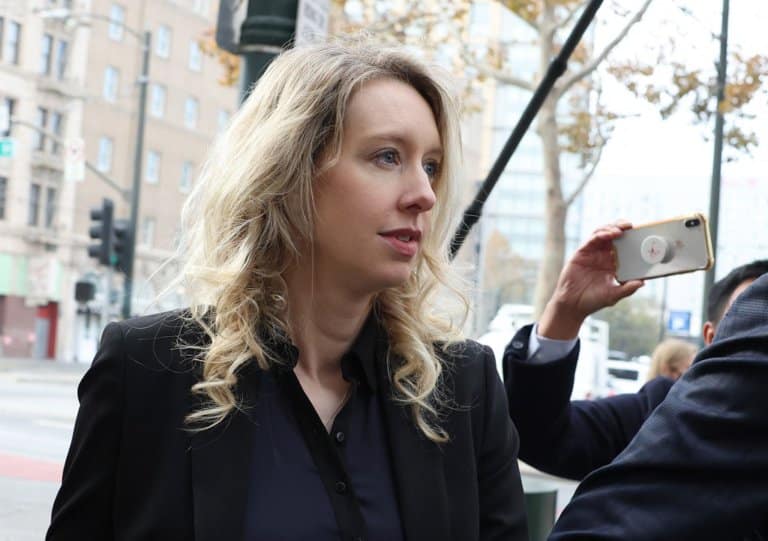
It is 2014.
Elizabeth Holmes, a chemical engineering Stanford University dropout, is one of the richest people in Silicon Valley.
Her company, Theranos, is worth US$9 billion for supposedly creating a miracle in how we diagnose diseases.
Its blood-testing system — the Edison — claimed that with a few drops of blood, the device could effectively detect medical conditions like cancer, diabetes, and high cholesterol.
This month, Holmes will begin an 11-year prison sentence on April 27 after a jury found her guilty of four counts of fraud and conspiracy against Theranos investors who believed in her promises to revolutionise the healthcare industry, according to AFP.
Charlie Javice, the founder of a financial aid startup Frank, has been arrested and accused of falsifying customer data. She faces three charges of fraud and one charge of conspiracy, CBS News reports.
These are signs that the wall of lies is crumbling in Silicon Valley.
With funding dried up for cash-burning startups, investors are scrutinising startup claims closely as a tech downturn reveals who has been taking the industry’s “fake it till you make it” ethos too far, according to the New York Times.
What’s surprising is that some of these founders in Silicon Valley studied at prestigious unis.
Holmes, as mentioned, dropped out of Stanford to work on Theranos in the basement of a college house.
Did their Ivy Leagues make them who they are? Let’s take a closer look at their education:
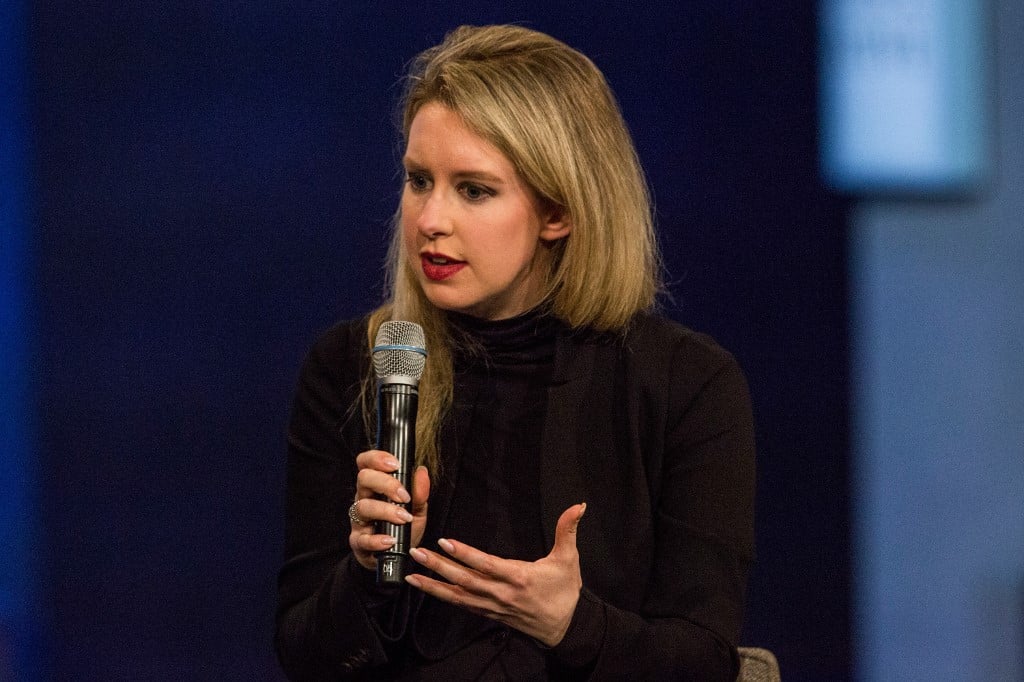
Wanting to emulate the success of Steve Jobs and Elon Musk, Elizabeth Holmes decided to drop out of Stanford University, where she was studying chemical engineering. Source: Andrew Burton/Getty Images North America/Getty Images/AFP
The degrees of master defrauders in Silicon Valley: Where did they study?
1. Elizabeth Holmes
In the book, “Bad Blood: Secrets and Lies in a Silicon Valley Startup“, John Carreyrou revealed that the healthcare startup founder had an intense competitive streak from a young age.
Holmes went to Stanford University in 2002 to pursue chemical engineering. Here, she had an idea for a patch that scans the wearer for infections and releases antibiotics as needed.
Dr. Phyllis Gardner, an expert in clinical pharmacology at Stanford, recalled discussing Holmes’s skin-patch idea and telling her it “wouldn’t work”.
“She just stared through me,” Dr. Gardner told BBC.
“And she just seemed absolutely confident of her own brilliance. She wasn’t interested in my expertise and it was upsetting.”
At 19, she dropped out of Stanford and launched Theranos.
The rest was history. Forbes reported that the company raised over US$700 million from investors like billionaires Rupert Murdoch and Larry Ellison.
At 30, Forbes named Holmes the world’s youngest self-made woman billionaire — worth US$4.5 billion — in 2014.
So how did it all go wrong?
Richard Fuisz, a physician and Theranos sceptic, collected information against the company and took it to Carreyrou at the Wall Street Journal.
In Oct 2015, Carreyrou exposed how Theranos did not use its device to conduct blood tests and analyses. FDA (the body responsible for protecting public health in the US) investigations revealed that Carreyrou’s report was correct.

In 2017, Charlie Javice launched Frank to improve the student loan application process and making college more affordable. That vision would impact the lives of many international students. Source: Badru Katumba/AFP
2. Charlie Javice
Charlie Javice’s career of helping others would begin, in her telling, on the borders of Thailand and Myanmar. One summer, she volunteered between terms at her private high school in Westchester County.
The work inspired her to create PoverUp, an organisation that promoted microfinance and helped other students learn about reducing poverty through business, as a college freshman.
At the Wharton School at the University of Pennsylvania, she pursued a Bachelor of Science. Javice majored in finance and had a second major in operations and information management.
When Frank was formed in 2016, Javice — who was 24 years old — displayed great media savvy and claimed to have real-world experience with financial aid and the struggle to pay for college, according to the New York Times.
“It’s grueling, it’s emotional,” she told The Daily Pennsylvanian, a student newspaper at the University of Pennsylvania, adding that her mother would cry while talking to financial aid officers.
That emotional pull was strong enough to convince JPMorgan Chase to pay US$175 million to acquire the college financial planning company, Frank.
Their reason? It would be a “unique opportunity for deeper engagement” with the five million students Frank worked with at more than 6,000 American institutions of higher education.
The legal documents revealed a different reality.
Javice and Olivier Amar, Frank’s chief growth and acquisition officer, faked their customer list and hired a data science professor to create a façade for the bank’s due-diligence team, New York Times reports.

Sam Bankman-Fried, son of two Stanford law professors and a MIT graduate, founded crypto exchange FTX in 2019. It was once the world’s third-largest cryptocurrency exchange by volume. Source: Ed Jones/AFP
3. Sam Bankman-Fried
Did you expect the son of two Stanford law professors to be accused of fraud?
Neither did we.
Bankman-Fried began his professional career in trading at Jane Street Capital after graduating with a degree in physics from the Massachusetts Institute of Technology in 2014.
Three years later, he came across cryptocurrency. At this point, Bitcoin was gaining massive traction in mainstream finance, trading at around US$10,000 at the end of Nov 2017.
He focused on a Japanese arbitrage trade (a process of buying Bitcoin in the US and selling it in Japan, pocketing about 10% with the difference in prices).
With this money, Bankman-Friend founded Alameda Research, a qualitative trading firm, before building the crypto exchange FTX in 2019.
At its peak, FTX amassed a valuation of roughly US$32 billion, according to Forbes. The exchange was once the world’s third-largest cryptocurrency exchange by volume before its downfall in Nov. of 2022.
Today, the founder is facing 13 criminal counts.
According to the New York Times, federal prosecutors alleged that Bankman-Fried orchestrated a vast fraud which led to the FTX’s downfall and the misappropriation of billions of dollars in customer deposits.
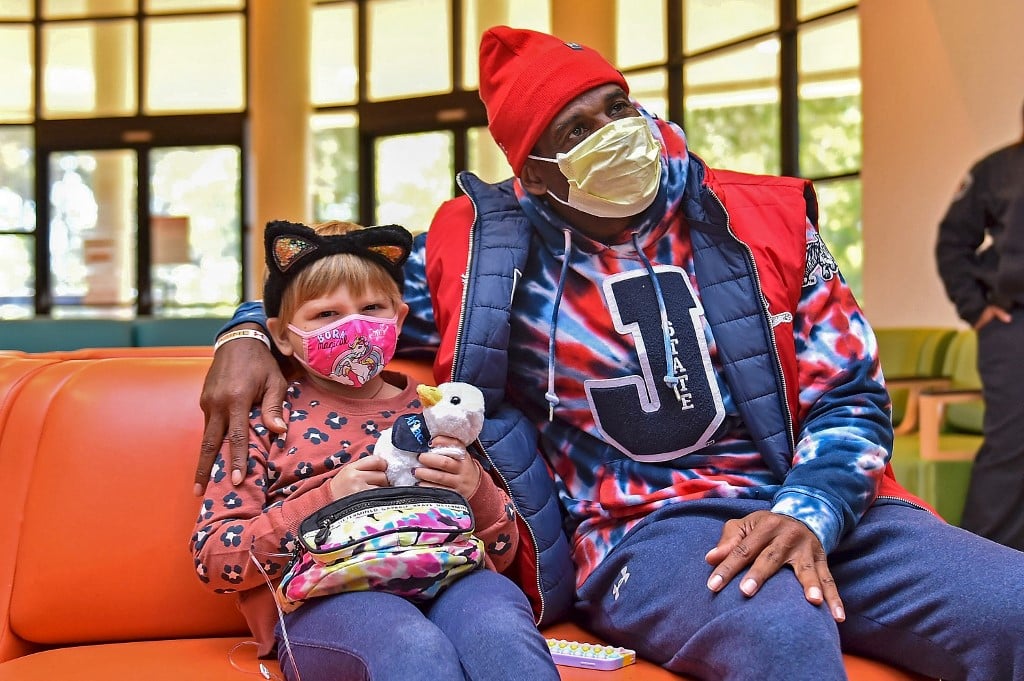
Outcome Health, a company co-founded by Rishi Shah, sought to deliver better health outcomes and impact the human condition positively through technology. Source: Justin Ford/Getty Images North America/Getty Images/AFP
4. Rishi Shah
Rishi Shah, the son of a doctor, dropped out of Northwestern University to start a previous company which morphed into Outcome Health, where he was a co-founder and CEO.
It was a healthcare media firm. They would place televisions and iPads in doctor’s offices across the US and sell clients (mostly pharmaceutical firms) advertising space.
Shah worked on Outcome Health alongside Brad Purdy, the former chief operations officer, and Shradha Agarwal, another co-founder and former president of the company.
Together, the trio would underdeliver on their advertising campaigns but continue to bill clients as though they have made a full delivery while selling Outcome Health’s client advertising inventory it did not have, Mint reports.
The strategy worked — venture capital investors valued Outcome Health at US$5.6 billion in May 2017, according to Forbes.
It didn’t last for long.
Recently, Wall Street Journal reported that a federal jury convicted the trios for defrauding customers, major pharmaceutical companies like Novo Nordisk A/S, and investors such as Goldman Sachs.
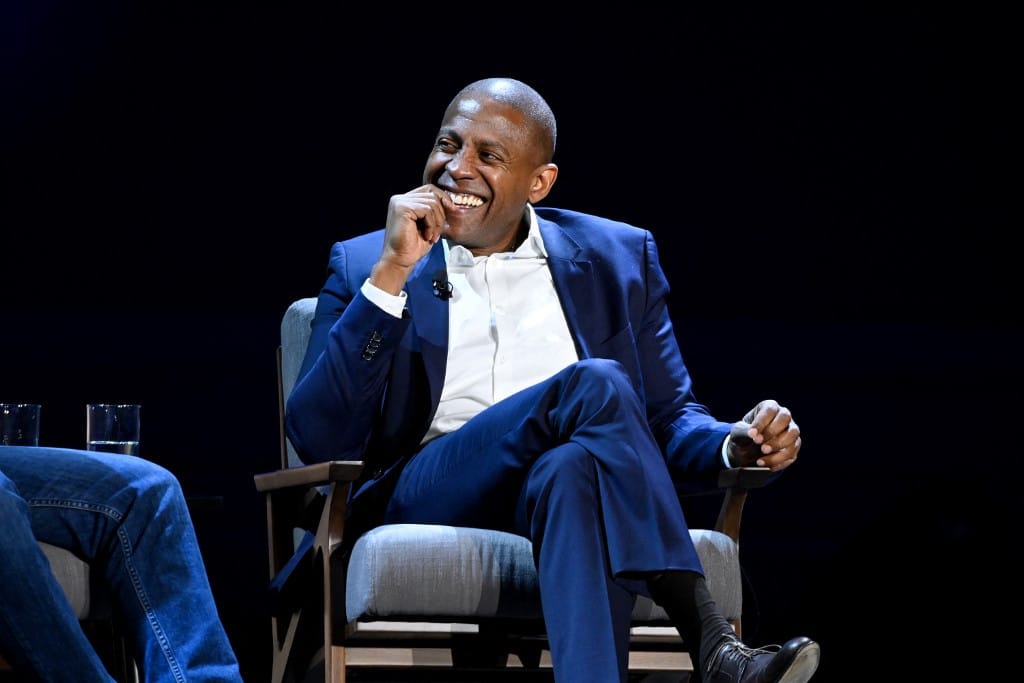
Carlos Watson speaking onstage during HISTORYTalks Leadership & Legacy presented by HISTORY at Carnegie Hall on Feb. 29, 2020 in New York City. Source: Noam Galai/Getty Images North America/Getty Images/AFP
5. Carlos Watson
Carlos Watson is an honours graduate from Harvard University and studied law at Stanford Law School.
His achievements include being an Emmy Award-winning journalist, working as a political commentator and host at CNN and MSNBC, and founding Ozy Media in 2013.
Since its inception, the company has produced chart-topping podcasts, festivals, and compelling television shows.
Watson hosted OZY’s primetime TV shows, including “The Contenders”, “Third Rail With OZY”, “Breaking Big”, “Take On America”, “Black Women OWN the Conversation” and “Defining Moments”, according to the Computer History Museum.
In late February, Watson was arrested and charged with multiple counts of fraud and aggravated identity theft.
The former CEO was described to be linked with “conspiracy to commit securities fraud and conspiracy to commit wire fraud in connection with a scheme to defraud Ozy’s investors and lenders by making material misrepresentations about Ozy’s financial and business assets,” according to a press release by the United States Attorney’s Office.
“Watson is also charged with aggravated identity theft for his role in the impersonation of multiple media company executives in communications with Ozy’s lenders and prospective investors in furtherance of the fraud schemes.”
Shortly after, Ozy Media announced on Twitter that it would suspend its operations.

HeadSpin sought to be at the forefront of revolutionising tech by building a digital platform for app developers to test their products. Source: Justin Sullivan/Getty Images North America/Getty Images/AFP
6. Manish Lachwani
There’s little public information on where the former CEO and co-founder of tech start-up HeadSpin studied.
Lachwani holds a degree from Colorado State University and the University of California, Berkeley, according to Pitchbook.
Founded in 2015 by Lachwani and Brien Colwell, the company raised US$91 million from investors, including Alphabet’s GV, Dell Technologies Capital and various venture firms and individual investors.
HeadSpin was a digital platform that allowed app developers to test their products.
The CEO was arrested Wednesday for allegedly defrauding investors to raise money in 2021, according to the US Department of Justice.
Separately, the Securities and Exchange Commission has sued Lachwani for defrauding investors out of US$80 million.
He is also charged with wire fraud and securities fraud in a criminal complaint in the US District Court in San Francisco.
What can universities do?
On the face of it, there’s little they can do to influence the decision of these startup founders.
Take Holmes, for example.
She wouldn’t let anything stand in her way — and no wasn’t an answer.
“She was going to make it work and follow the model of ‘try it until you succeed,'” Gardner said on “The Dropout” podcast.
“That is so completely ridiculous in terms of healthcare.”
What about ethics classes at uni?
Some who teach ethics courses — like Professor Benoît Monin of the Graduate School of Business and Professor Tamar Schapiro at Stanford University — are sceptical that teaching students the particulars of various ethical viewpoints would encourage them to behave more morally.
In 2020, a study at the University of California, Riverside found that university ethics classes could affect students’ moral behaviour.
The study included 1,332 student participants and focused on the ethics of eating factory-farmed meat.
As such, there isn’t a clear action for unis to take for students who commit fraud after graduation — especially if it has been years since they left the institution or dropped out entirely.








